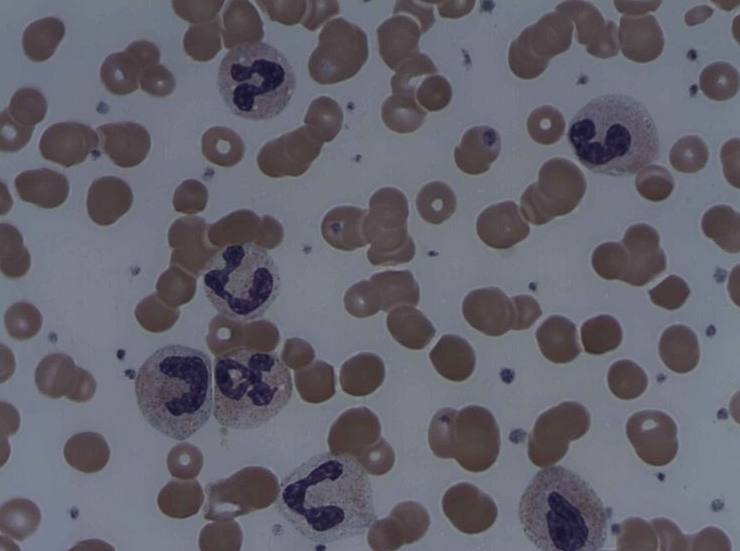-
Tips for becoming a good boxer - November 6, 2020
-
7 expert tips for making your hens night a memorable one - November 6, 2020
-
5 reasons to host your Christmas party on a cruise boat - November 6, 2020
-
What to do when you’re charged with a crime - November 6, 2020
-
Should you get one or multiple dogs? Here’s all you need to know - November 3, 2020
-
A Guide: How to Build Your Very Own Magic Mirror - February 14, 2019
-
Our Top Inspirational Baseball Stars - November 24, 2018
-
Five Tech Tools That Will Help You Turn Your Blog into a Business - November 24, 2018
-
How to Indulge on Vacation without Expanding Your Waist - November 9, 2018
-
5 Strategies for Businesses to Appeal to Today’s Increasingly Mobile-Crazed Customers - November 9, 2018
FDA approves drug to treat rare blood disorder in children
The US Food and Drug Administration (FDA) has recently approved eltrombopag (Promacta for oral suspension, Novartis) for the treatment of thrombocytopenia in paediatric patients one year and older with chronic immune (idiopathic) thrombocytopenia (ITP) who have had an insufficient response to corticosteroids, immunoglobulins, or splenectomy. The release from the FDA said without enough platelets, bleeding can occur under the skin, in mucous membranes (such as in the mouth) or in other parts of the body. Some 62 percent of those who took Promacta saw an improvement in platelet count, compared with 32 percent among people who took a placebo.
Advertisement
According to the FDA, Promacta counteracts low platelet counts by stimulating increased production.
Richard Pazdur, M.D., director of the Office of Hematology and Oncology Products in the FDA’s Center for Drug Evaluation and Research, said the approval fills an unmet need.
ITP affects as many as 5 in 100,000 children each year3 and is characterized by a low platelet count4.
Promacta should be used only in patients with ITP whose degree of thrombocytopenia and clinical condition increase the risk for bleeding. The PETIT trial involved paediatric patients with thrombocytopenia from ITP.
Commenting on the label expansion for Promacta, Bruno Strigini, President, Novartis Oncology, said, “It’s challenging and often very emotional for parents of a baby or toddler affected by a rare condition to manage their child’s disease with limited treatment options”. It was a phase II trial and showed that the patients in the trial achieved platelet counts greater than or equal to 50 x109/L at least once between days eight and 43 of the randomised period of the study.
Advertisement
Promacta’s most common side effects included upper respiratory infection, diarrhea, abdominal pain, rash and an increase in liver enzymes. A small number of pediatric patients with chronic ITP may be at risk of significant bleeding5. Orphan drug designation provides financial incentives – like tax credits, user fee waivers, and eligibility for market exclusivity – to promote rare disease drug development.





























